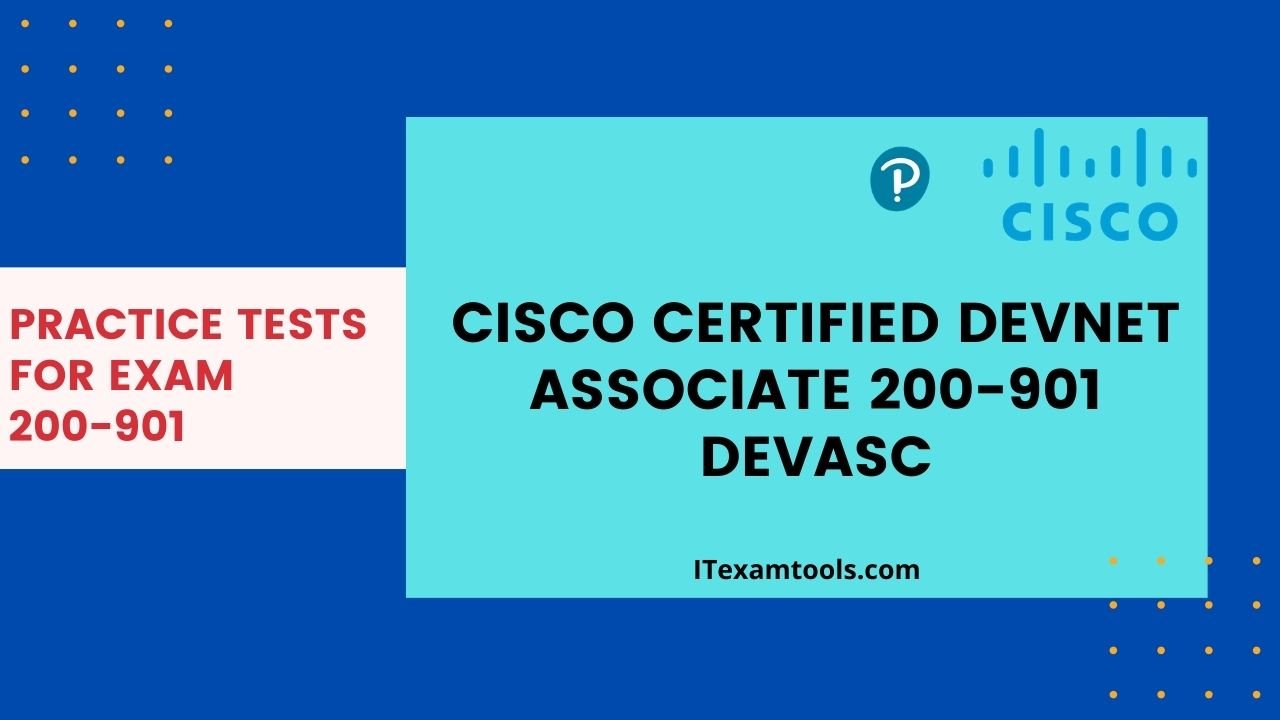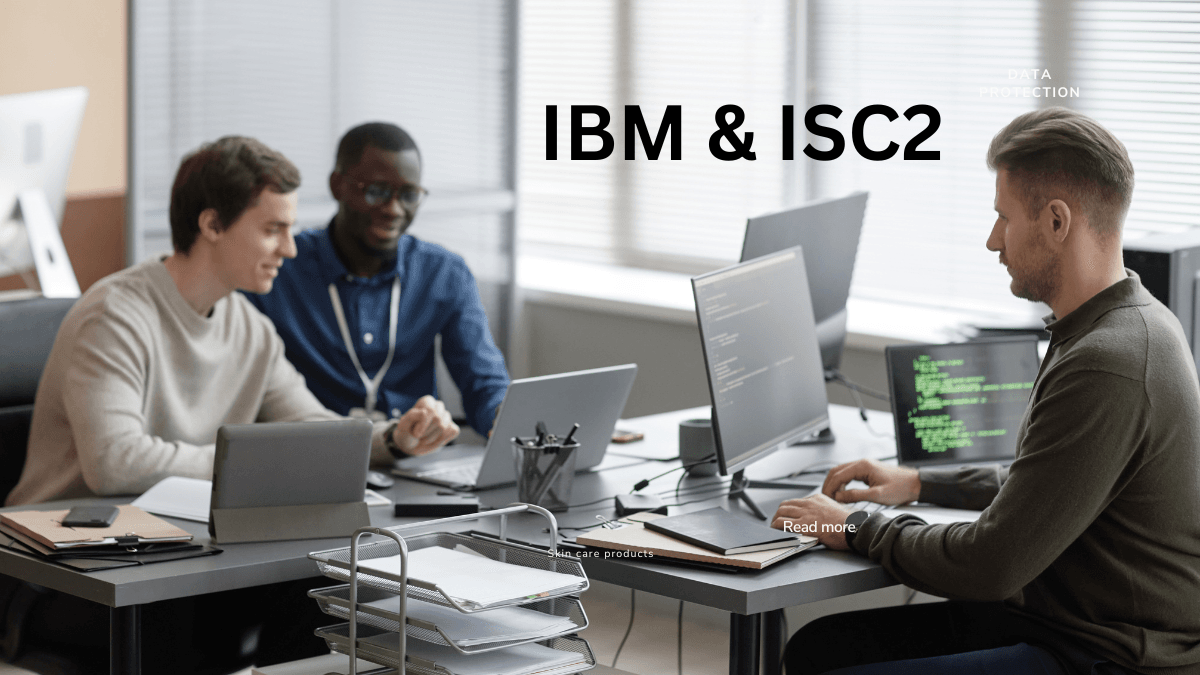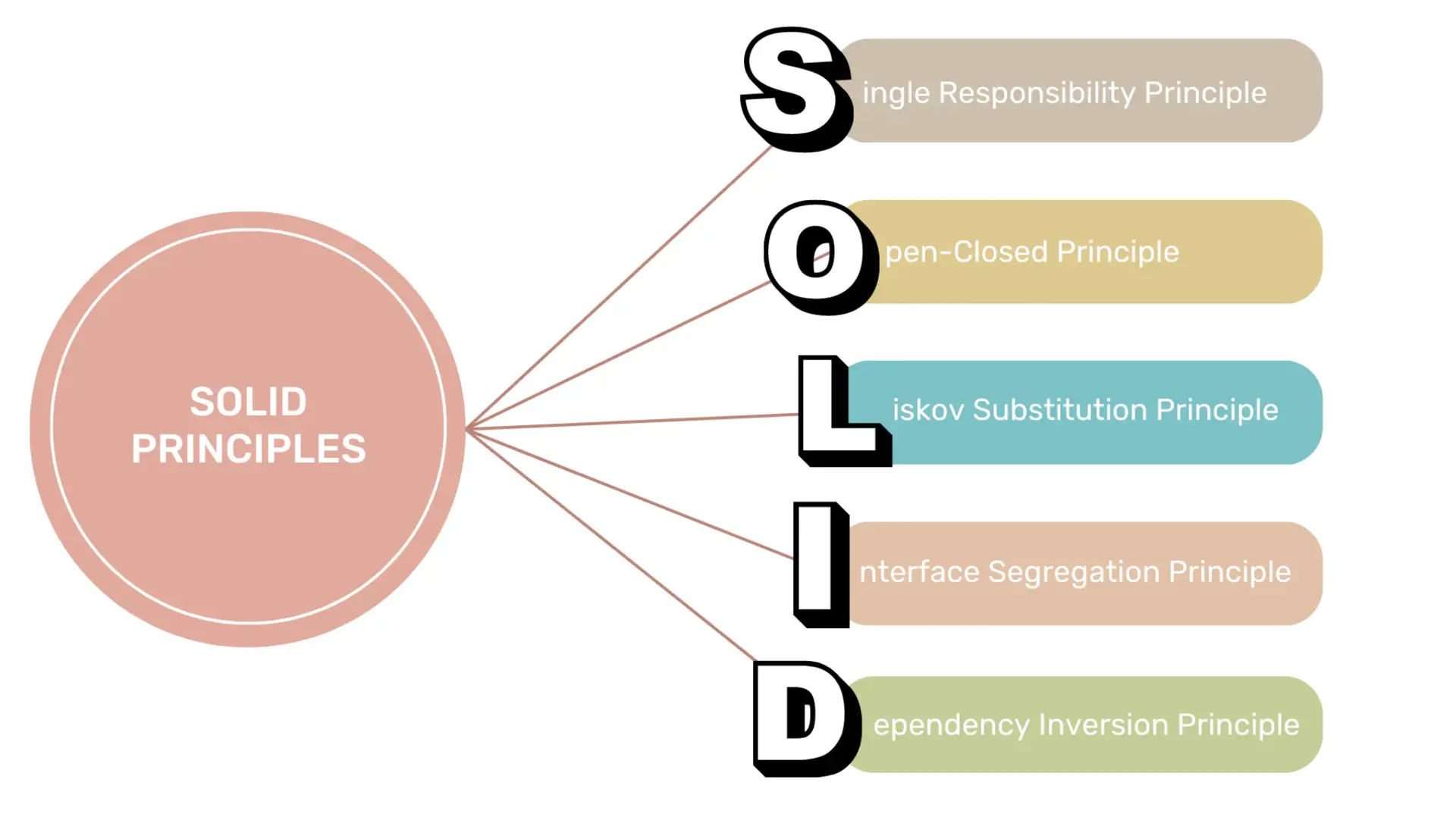Cisco Certified DevNet Associate 200-901 DEVASC
Developing Applications and Automating Workflows using Cisco Platforms (DEVASC) 200-901

DevNet Associate 200-901 exam helps you prepare to take the Cisco Certified DevNet Associate exam. As you approach your exam date, this review tool can help you evaluate your knowledge and skills.
This contains over 100 questions so you can put your knowledge to the test. All of the items were built to help assess your proficiency in the core knowledge areas of the DevNet Associate exam.

To get the most out of this exam review, you should gather a solid understanding of the following topics:
- Software development and design, including development tools and coding practices
- Understanding and using application programming interfaces (APIs), including REST
- Cisco platforms and development, including routers, switches, firewalls, and collaboration
- Application deployment and security, including firewalls, DNS, and Load Balancers
- Infrastructure and automation, including Software-Defined Networking (SDN), Ansible, and Continuous Integration/Continuous Delivery (CI/CD)
- Network fundamentals, including common network protocols and services
200-901: Cisco Certified DevNet Associate: Practice Tests 2020
Testing your knowledge for Developing Applications and Automating Workflows using Cisco Platforms (DEVASC) exam updated
Practice Tests
- Practice Test 140 questions
- Practice Test 236 questions
This practice test will help you prepare for the real exam test environment with New Updated questions
when you are preparing for 200-901 exam you need to prepare for the following things.
- Software development and design
- Understanding and using APIs
- Cisco platforms and development
- Application deployment and security
- Infrastructure and automation
- Network fundamentals
All the above areas should be strong to pass out this 200-901 exam.
we will suggest the best practice in above areas so that you can get genuine knowledge about all those areas and can clear 200-901 exam at first trial.
the first area is
Understanding and using APIs
What are APIs
(API) An application programming interface is a set of tools, definitions, and protocols for integrating application software and services. It’s the stuff that lets your products and services communicate with other products and services without the need of making new connectivity infrastructure every time.

APIs can be private (for internal use only), partnered (shared with specific partners to provide additional revenue streams), or public (allowing third parties to develop apps that interact with your API to avail innovation). Choosing to share your APIs has many benefits and that includes:
- Creating new revenue channels or extending existing ones.
- Expanding the reach of your brand.
- Facilitating open innovation or improved efficiency through external developments and collaborations.
What can we do with APIs?
APIs are all about integration—the connection of data, applications, and devices across our IT organizations so that all of our technologies can better communicate and work in conjunction with each other. we lose time and money when our technologies can’t talk to one another or outside. APIs, along with distributed integration and containers, is a key feature of agile integration.
What is Agile Integration?
Agile integration is an architectural approach to your integration platform that emphasizes a small IT footprint; is highly scalable and available; and has well-defined, reusable, and well-managed endpoints. We believe the future of connected systems must do more than just support collaboration between teams and their technologies—it has to help encourage it. As technological change occurs more frequently, we believe that agile integration is the best way to help your business transform.
Want to Understand deep about APIs and RESTful APIs ?
This course includes:
- 43 mins on-demand video
- 4 articles
- 1 downloadable resource
- Full lifetime access
- Access on mobile and TV
- Certificate of completion

now comes
- Application deployment and security
- Infrastructure and automation

for this two areas the solid knowledge is expected to possess.
we suggest go here and learn more simply.

Network fundamentals
There is a course that we specially designed for this peurpose and we recommond it strongly.
have designed this course for anyone who wants to learn about networking and gain basic knowledge of computer networking. The concepts taught in this course are very good to understand the basics of networking.
This course is a general introduction for students in IT Networking Fundamentals including core areas that function within a given computer network. The course provides an introduction to the hardware, software, terminology, components, design, and connections of a network, as well as the network topologies and protocols for WANs and LANs. This course will teach you about how the things are working nearby you.
KEY COURSE TOPICS
- How Computer Networks Work
- Network architecture
- Network Types
- Networking cables
- TCP/IP model
- Network Topologies
- Networking Devices & Cabling
- The TCP/IP Models
- IP Addressing
- IP Protocols
- Switches & Routers
- Physical layer
- Datalink layer
- Network layer
- Transport layer
- Application layer
- DNS
- FTP
- Telnet
- SMTP
- and a lot more…
































